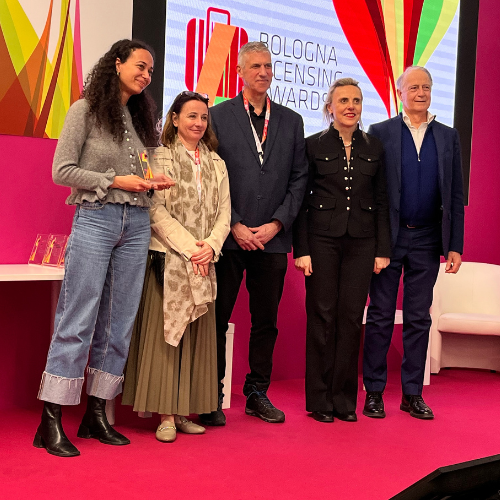Two years since the launch of its sustainability strategy, Primark Cares, the retailer has launched its second Sustainability and Ethics Progress Report, showing how it has ‘scaled up’ progress over the past 12 months.
The retailer’s commitment that all its clothes will be made of recycled or more sustainably sourced materials by 2030 is well on track.
This year, over half (55%) of all clothes sold contained recycled or more sustainably sourced materials, up from 45% last year. This was supported by the launch of a new circular product collection this year, with over three million units of circular clothing sold.
Over the past 12 months, Primark has scaled up pilot programmes and projects, embedding early learnings on where it can have the most impact to drive change.
One example is cotton, Primark’s most used fibre in its clothing. This year, 46% of cotton clothing sold contained cotton that was either organic, recycled or sourced from the Primark Sustainable Cotton Programme (PSCP), up from 40% last year. PSCP, which celebrates a decade in operation this year, is now the largest programme of its kind for a single fashion retailer and demonstrates how scaling up partnerships can deliver real impact. The programme is now run in India, Bangladesh and Pakistan, with a pilot launched in Turkey this year.
Primark has also rolled out a traceability and compliance platform, TrusTrace, to help gather data from the full supply chain of products, from raw materials to finished product.
Another significant milestone this year was Primark’s target of halving carbon emissions across its value chain by 2030 being assessed and validated by the Science Based Targets initiative (SBTi). With the majority of carbon emissions arising from its supply chain, Primark has been focusing on supporting suppliers to understand the opportunity to switch to renewable energy sources and has scaled up its energy efficiency programmes across 57 factories in Bangladesh, China and Cambodia. It has also appointed regional carbon leads to support suppliers and factories locally.
Within its own operations, Primark has been focused on reducing energy usage in its stores and using more renewable energy. 70% of Primark stores are now powered by renewable or low-carbon electricity and 141 stores have made the switch to energy-efficient lighting.
In addition, Primark also launched a new framework for how it intends to design and make products which can be reloved and recycled at end of life. Its first circular product range based on this framework was launched this year, made up of a 35-piece collection across womenswear, menswear and kidswear focusing on wardrobe staples like denim and jersey. Through this collection over three million units of circular clothing were sold. Primark is also now working to train more employees and suppliers in circular design.
“Primark Cares is driving everyone in Primark to change. Year two was about gaining momentum: scaling and embedding the principles, programmes and processes that will take us to 2030 and beyond, while acknowledging the learnings we face along the way,” commented Lynne Walker, director of Primark Cares. “We continue to work with our partners and suppliers to drive change, and we’ve learnt more than ever how collaboration is crucial for delivery of our Primark Cares commitments. We’ve also been focused on upskilling and training our colleagues, who are an integral part of how we make change happen in our business.
“Another critical element is how we can inspire and educate our customers and bring them with us on our change journey. This includes being more transparent about where and how our clothes are made, the changes we are making and what it means for them, and the issues and what role the fashion industry and they, as customers, can play in this change.”
Want to read more news like this? Simply sign up to our daily digest by clicking here. You can also follow @LicensingSource on Twitter and @licensing_source on Instagram.

































